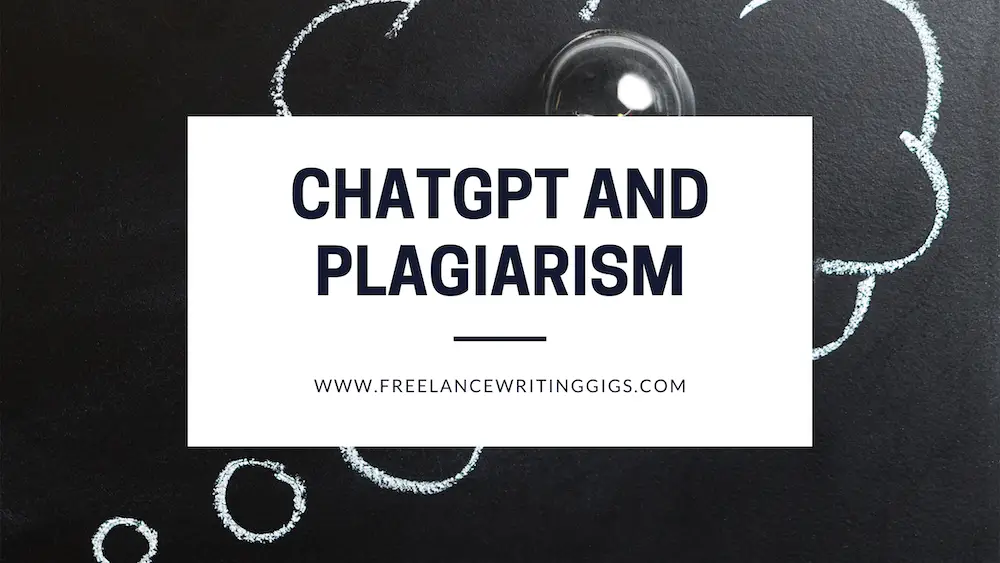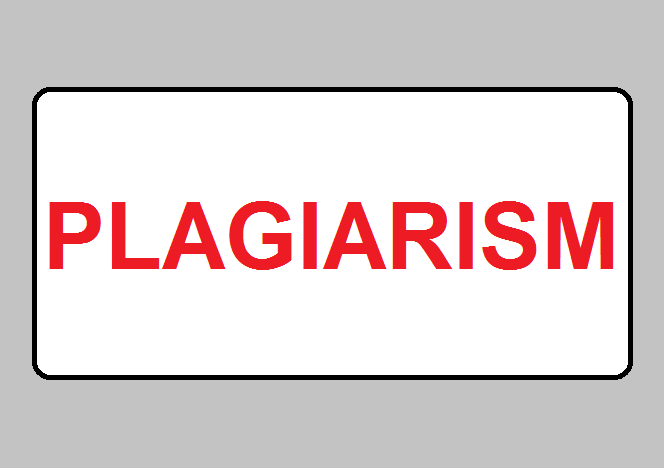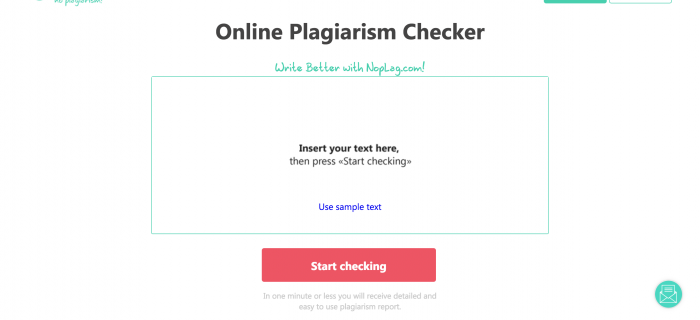plagiarism
-
7 Reasons Why You Should Always Have a Written Contract
One of the thorniest and most uncomfortable issues freelancers routinely face is…
-
5 Common Ways Freelance Writers Get Scammed
Ever since I started writing at Plagiarism Today and especially since I…
-
ChatGPT and Plagiarism: Understanding the Risks and Solutions for Freelancers
As a freelancer, it’s important to produce original and high-quality work to…
-
Online Plagiarism Checkers for Freelance Writers
For freelance writers, turning in work that has content that is too…
-
6 Tips To Avoid Plagiarism In Freelance Writing
Freelance writing has been around for quite a while but writers –…
-
5 Tips for Dealing with Plagiarism Accusations
As freelance writers, we spend a great deal of time quickly researching…
-
Noplag Plagiarism Checker Review
According to the Center of Academic Integrity, almost 80% of college admitted…
-
Three Ways to Fight Plagiarism Easily
Having worked online for almost a decade, I do believe that there…
-
How to Protect Your Freelance Writing Work
Freelance writers run the risk of having their content used without permission…
-
5 Legal Questions to Ask Before Turning in An Assignment
Turning in an assignment is the goal of pretty much every freelancer.…








